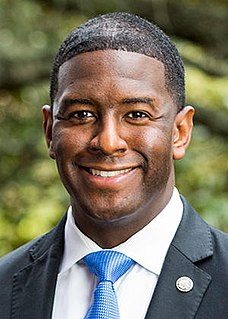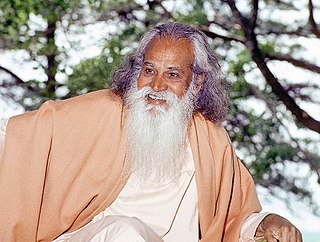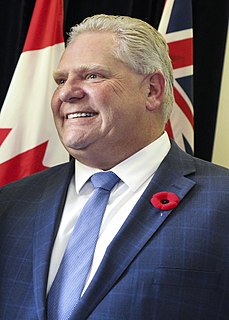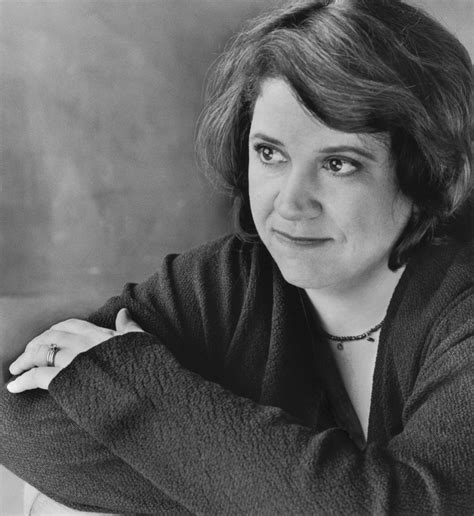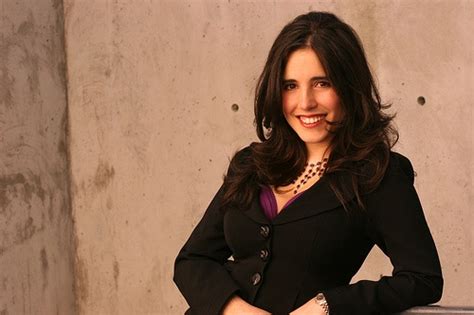A Quote by Pauline Collins
We all think we're liberated when we have more of everything, don't we? That's what the media tell us.
Related Quotes
The most successful social media experiments-whether spearheaded by one person, a group of individuals, a company, or an institution-invite you in, treat you as a friend, and make you feel at home. Look around, they say, and tell us how we can make things better; get to know us. Get involved and tell us what you think.
The media is terribly worried that Donald Trump is going to influence people. The media will tell you, I mean, crazy Mika, Ms. Brzezinski, actually said that she worries that Trump may actually end up controlling what people think on jobs and the economy. And it's not the president's job, it's the media's job to tell people, to determine people exactly what they think.
I think as consumers Europeans are a lot more artist loyal irrespective of the genre of music or the type of project or the collaborative effort, and Americans are more media-loyal, because they need to be fed that media to know what's going on, because we're so inundated with promotion and marketing and everything that's going on - advertising.
The conclusion I have reached is that, above all, dogs are witnesses. They are allowed access to our most private moments. They are there when we think we are alone. Think of what they could tell us. They sit on the laps of presidents. They see acts of love and violence, quarrels and feuds, and the secret play of children. If they could tell us everything they have seen, all of the gaps of our lives would stitch themselves together.



